- 400 Posts
- 129 Comments

 1·6 hours ago
1·6 hours agoI can’t elaborate on the Dutch, but I feel that your prediction that they won’t hire native speakers/chartered translators will hold true not only for the Netherlands. I used to work for international publishing houses in various roles and guess I have some idea of this industry, and I think they won’t hire experts just for saving money (not because they overestimate their language proficiency). They won’t care about quality as long as the financials are fine, even if such a commercial success has a short life.
The only exceptions I see at the moment are some small media organizations and/or grassroots media. But large publishing houses will use AI to further drive down costs, no matter what.
A user in another thread on this topic has guessed that there will be a ‘parallel economy’ (their word) dedicated to human-made goods, while the rest is AI generated. Maybe that’s the future?

 2·11 hours ago
2·11 hours agoThey said that long time ago, although even in Switzerland many struggle to understand this after reports by the Swiss Intelligence.
The greatest espionage threat to Switzerland currently comes from the Russian intelligence services, the Swiss Federal Intelligence Service’s (FIS) says in its latest report. The threat to Switzerland from the Chinese intelligence services is also high. Numerous services maintain covert bases in Switzerland, known as residencies. These usually operate out of diplomatic missions.
There are some issues related to the topic:
The report by the Swiss Bankers Association (SBA) and consultants zeb said on Thursday that Swiss policymakers should develop an approach to sanctions that ensures neutral Switzerland remains a safe haven for banks and their customers […]
Shortly after Russia’s 2022 invasion of Ukraine, Switzerland decided to adopt EU sanctions against Moscow. One measure was to freeze assets belonging to sanctioned Russians.
August Benz, deputy head of the SBA, raised concerns about Switzerland’s rapid adoption of sanctions […]
According to bankers, Switzerland’s clear stance on the Ukraine war has raised fears among foreign customers that it could support further Western sanctions in the future.
And:
Switzerland praises China-Brazil peace plan for Ukraine
Switzerland says its view on the Chinese plan has significantly changed in recent months Ukraine expresses disappointment in Swiss position
The greatest espionage threat to Switzerland currently comes from the Russian intelligence services, the Swiss Federal Intelligence Service’s (FIS) says in its latest report. The threat to Switzerland from the Chinese intelligence services is also high. Numerous services maintain covert bases in Switzerland, known as residencies. These usually operate out of diplomatic missions.
[Edit typo.]

 41·2 days ago
41·2 days agoSo prison labor for profit is bad now?
It should be a matter of course, but the EU already banned forced labour explicitly this years. The question is rather that we must ensure that the law is enforced.

 91·4 days ago
91·4 days agoIt would be interesting to hear what the presumptive PM has to say about China’s support for Russia’s war in Ukraine.
Last year, the Chinese ambassador to France said that former Soviet nations had ‘no effective status’ of independence in international law, and he said that Crimea belongs to Russia. Lithuania’s foreign minister, Gabrielius Landsbergis, said back then that "[Chinese] diplomats [should] reminded we [Lithuania] are not post-Soviet countries but countries that were illegally occupied by the Soviet Union”.
On social media, Landsbergis then wrote: “If anyone is still wondering why the Baltic states don’t trust China to ‘broker peace in Ukraine’, here’s a Chinese ambassador arguing that Crimea is Russian and our countries’ borders have no legal basis.”
What does Lithuania’s presumptive PM say about that?
Addition: Don’t give a free pass to Beijing for its aggressive behaviour
[…] The type of influence China exercises is not something we can accept as simply ‘what great powers do’. It launched a cyber attack on the Pacific Islands Forum, spreads online disinformation in the Pacific to undermine democracies and weaken Pacific partnerships, sought security agreements that lack public transparency, and undertaken various other malicious activities—such as hybrid and grey zone operations.
And that’s just in the Pacific—China is carrying out this malicious activity globally, not to mention being the main supporter enabling Russia’s war on Ukraine.
Of course, other significant powers seek influence, but responsible nations don’t behave like this […]

 101·5 days ago
101·5 days agoOr maybe a proxy war of democracies against dictatorships.

 41·6 days ago
41·6 days agoAlso nobody agreed to protect Ukraine for giving up nukes.
This is irrelevant. We have to do it anyway, no matter whatever they agreed upon 30 years ago.

 42·6 days ago
42·6 days agoThis is not about ‘neoliberals’ but about foreign malicious actors attacking digital systems for no reason.

 151·6 days ago
151·6 days agoThis article has been published on 24 February 2020, exactly 2 years before Russia’s full-scale invasion of Ukraine. They may change their mind like Sweden and Norway are doing.
[Edit typo.]

 51·6 days ago
51·6 days agoIn addition to what others have already said, China wants a chunk of Siberia for what it calls the “polar silk road”. Climate change will open the possibility of a navigable Arctic sea route connecting North America, Est Asia, and Europe. Such a route is a shorter and more economically viable transportation option than the current route via the Indian Ocean and the Red Sea. But for this, China needs better access to the Arctic.

 11·6 days ago
11·6 days agoSomeone has posted in the meantime that Norway takes Israel to the International Court of Justice: https://feddit.org/post/4234663

 31·6 days ago
31·6 days agoWhat would one expect from this kind of politician. He has other priorities: After Israel’s Knesset approved final voting for two bills aimed at blocking UNRWA in areas under Israeli control, Geert Wilders congratulated the Jewish state in a Tuesday post on X/Twitter: ‘Well done Israel. Terrorists are terrorists, whatever their disguise.’

 101·7 days ago
101·7 days ago‘Entire population of north Gaza at risk of dying,’ warns UN’s top humanitarian official
“What Israeli forces are doing in besieged north Gaza cannot be allowed to continue,” said Joyce Msuya, acting Under-Secretary-General for Humanitarian Affairs and UN Emergency Relief Coordinator, in a statement […] Hospitals have been hit, health workers detained and first responders prevented from rescuing people trapped under the rubble, she noted. “Shelters have been emptied and burned down…families have been separated, and men and boys taken away by the truckload,” she added.
According to reports, hundreds of Palestinians have been killed since Israeli security forces renewed their offensive in northern Gaza earlier this month. Tens of thousands of people have been displaced again.

 31·7 days ago
31·7 days agoYes :-) Now I’ve got it, sorry.

 114·8 days ago
114·8 days agoThis is maybe a devastating example why centralization and central planning is a bad and dehumanizing act for individuals in a society. There is a good documentary about China’s so-called “Ghost Children”. These are those who were born as younger siblings during China’s One Child policy.
The documentary was made in 2014. It shows how quickly things can change, and how people suffer now and then due to bad politics.
It’s really worth your time.
China’s Ghost Children – (video, 36 min)
Second or third children born illegally during China’s One Child Policy - implemented between 1979 and 2015 to curb the country’s population growth by restricting many families to a single child - are banned from marrying, having children or simply boarding a train. Condemned to a non-life, these ghost children do not officially exist according to the Chinese state. ARTE Reportage goes in search of these ‘Haihaizi’, those children who should not have been born.
[Edit typo.]

 111·8 days ago
111·8 days agoWhen science showed in the 1970s that gas stoves produced harmful indoor air pollution, the industry reached for tobacco’s PR playbook – (November 2023)
In 1976, beloved chef, cookbook author and television personality Julia Child returned to WGBH-TV’s studios in Boston for a new cooking show, “Julia Child & Company,” following her hit series “The French Chef.” Viewers probably didn’t know that Child’s new and improved kitchen studio, outfitted with gas stoves, was paid for by the American Gas Association.
While this may seem like any corporate sponsorship, we now know it was a part of a calculated campaign by gas industry executives to increase use of gas stoves across the United States. And stoves weren’t the only objective. The gas industry wanted to grow its residential market, and homes that used gas for cooking were likely also to use it for heat and hot water.
[…] The gas industry relied on Hill & Knowlton, the same public relations company that masterminded the tobacco industry’s playbook for responding to research linking smoking to lung cancer. Hill & Knowlton’s tactics included sponsoring research that would counter findings about gas stoves published in the scientific literature, emphasizing uncertainty in these findings to construct artificial controversy and engaging in aggressive public relations efforts.

 121·8 days ago
121·8 days agoThe OSCE report (pdf) says:
Election day was generally procedurally well-organized and administered in an orderly manner but marked by a tense environment and several incidents of physical altercations and widespread intimidation of voters, as well as citizen observers. Voter identification (VID) and vote-counting devices (VCDs) were mostly operational, but the majority of voters in observed polling stations had difficulties operating the VCDs. Further, vote secrecy was potentially compromised in 24 per cent of observations, due to the manner of ballot insertion into VCDs or inadequate polling station layout. IEOM observers frequently reported indications of pressure on voters and overcrowding, and procedural inconsistencies.
In many cases, party representatives recorded the voting process and tracked voters, raising concerns about potential intimidation. While the presence of citizen and party observers contributed to transparency, many citizen observers appeared to act on behalf of contestants. During counting, procedural omissions included the improper handling of unused ballots, not announcing votes aloud and the IEOM noted inconsistencies in the determination of the validity of ballots. Tabulation was positively assessed, but the completeness and accuracy of results protocols was not consistently checked, with DECs citing that official results are finalized at the national level.
Addition for the report by Transparency International Georgia
The election day took place in the context of serious and substantial violations. At the end of the day, it became clear that the various problems identified during the monitoring of the election process during the day were part of a larger scheme, the purpose of which was to subvert the final result of the election […] unprecedented pressure was exerted on the representatives of the monitoring organizations. There were physical attacks, verbal abuse, intimidation, expulsion from the electoral precincts without reason. In most cases, it was impossible to observe the voting process. In some cases, it was even necessary to evacuate the observers […] there was a concentration of unauthorized persons in the polling stations and their surrounding areas, who were particularly aggressive towards both voters and observers. As always, this time too, in order to pressure and intimidate the voters, the ruling party used criminal groups […] neither the election administration nor the law enforcement bodies reacted to the gross facts of the violation of the law. There was a clear impression that the persons involved in rigging the elections had guarantees that no one would raise the question of their responsibility, even though they committed crimes […]

 33·9 days ago
33·9 days agoYes, I too find that irritating. Maybe what he means is that Microsoft was innovative in the very beginning of the company’s history, before PCs were part of everyone’s household. But Gates’ Microsoft soon started to pursue a very monopolistic policy. And it has been doing so to this day. (I can’t compare that to Carlos Slim’s conglomerate, though, due to a lack of knowledge about that.)

 122·9 days ago
122·9 days agoIncome equality is just one of many other factors to assess a just society as we know. But as many focus on China’s GDP growth in its recent history, here are just numbers:
Between 2014 and 2022, in China the share of the bottom-50% income group (pre-tax) in the national income fell from 14.4% to 13.7%. In the same period, the shares of the top-1% and top-10% income groups rose from 13.7% and 41.5% to 15.7% and 43.4%, respectively. In a nutshell: the Chinese rich got richer, the poor got poorer.
For Western-style democracies, the numbers are diverse:
In European democracies like Germany and especially Norway, top income groups lost while the bottom-50% gained, while in countries like Finland all three mentioned groups gained, suggesting that the ‘middle class’ paid the bill. In other countries like Sweden, Denmark, and the U.S., the numbers show gains for the top at the cost of the bottom half.
And in Australia, top income groups lost significantly more than the bottom-50% gained, suggesting the middle class benefited, while in countries like Canada and Japan there appear to be only slight or even no significant changes in the period between 2014-2022.
But as I said, we must also focus on other factors that make a good society (the four freedoms come to my mind: freedom of speech and expression, freedom of worship, freedom from want, freedom from fear). Given the fact that some in this thread cite China’s growth of GDP and national wealth as a factor of societal success, it is clear that this argument does not hold, though.
[Edit typo.]

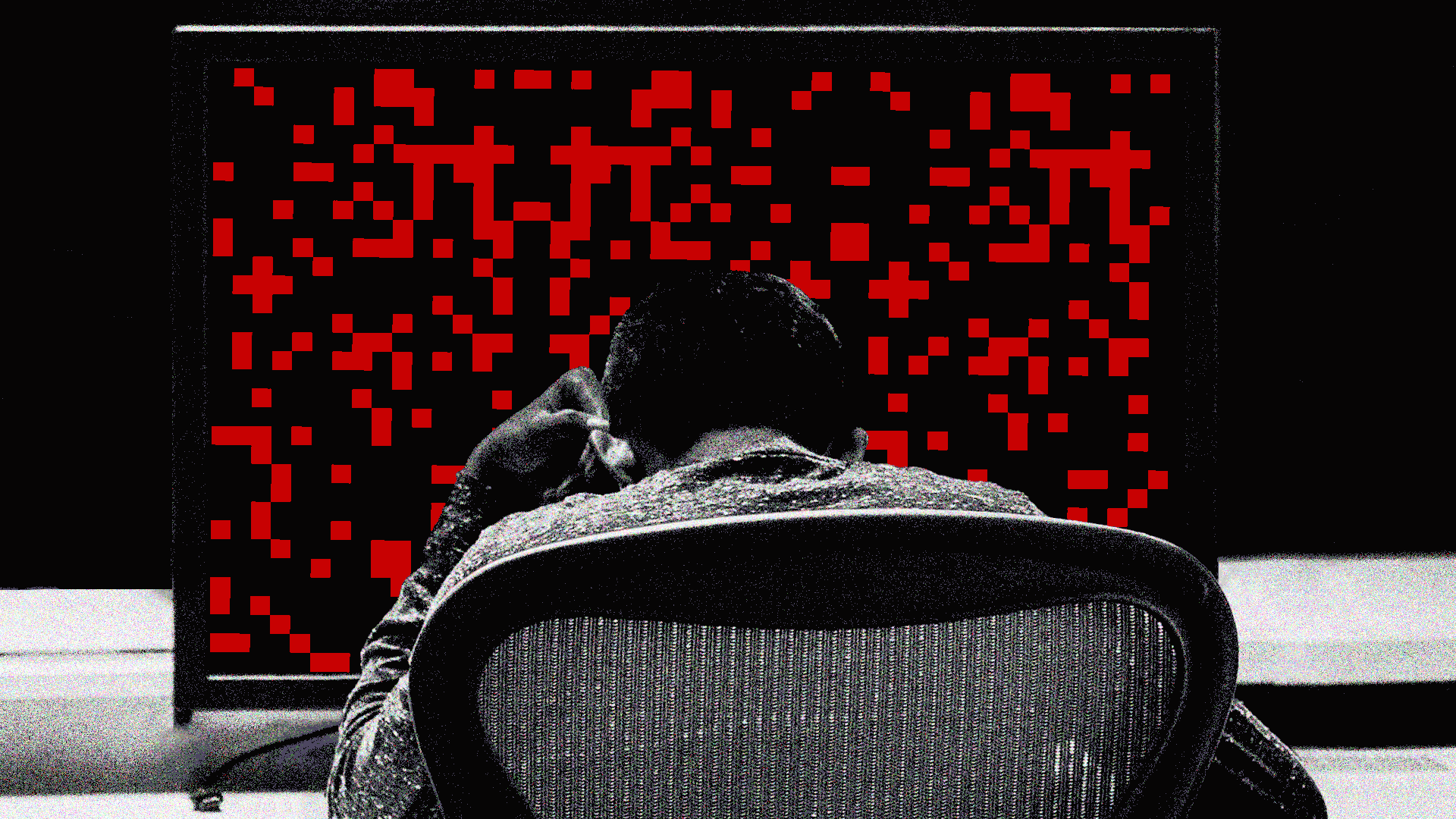








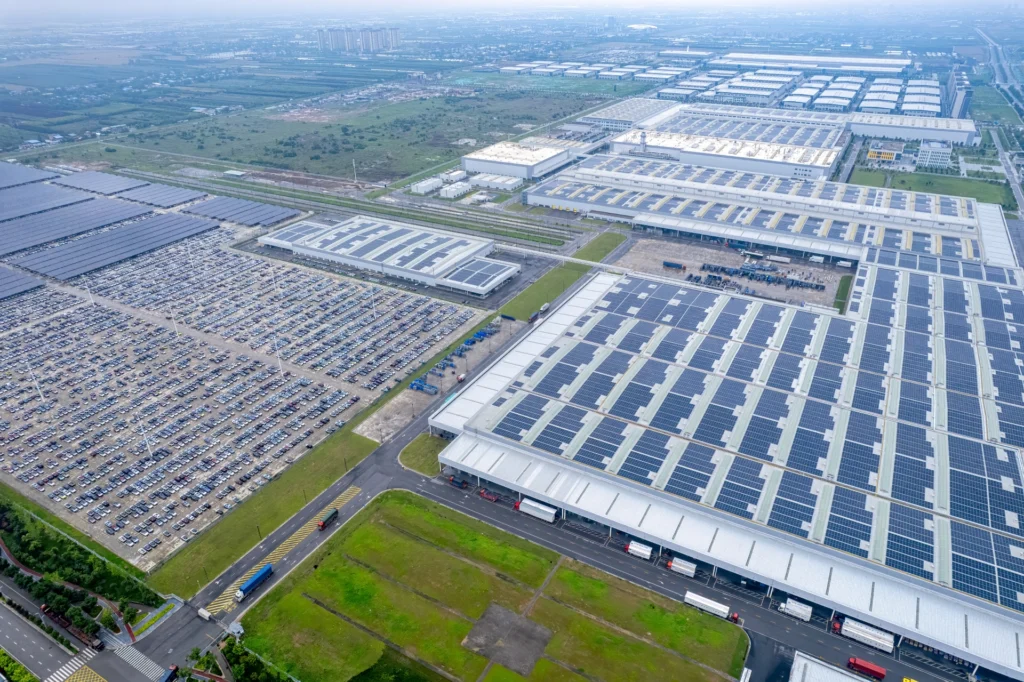

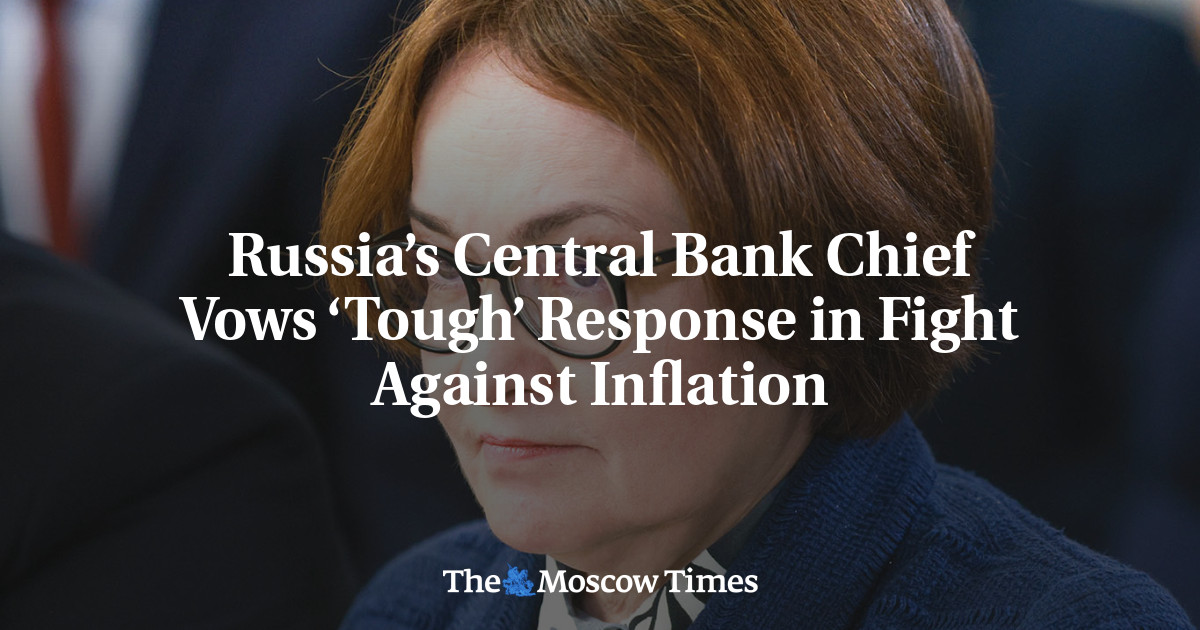
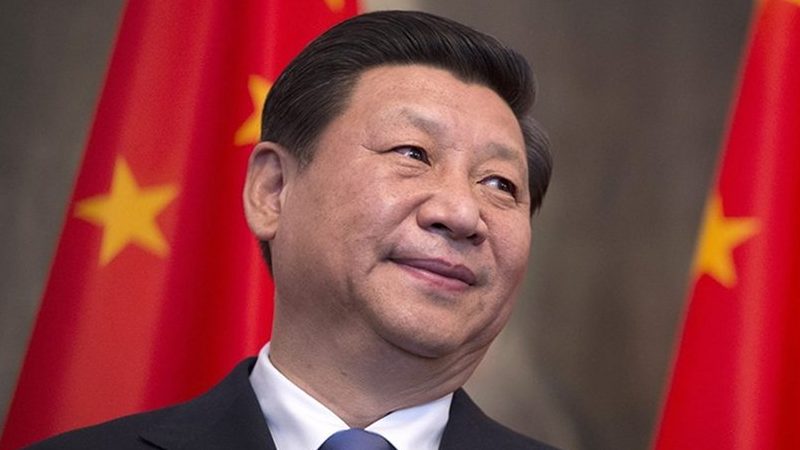
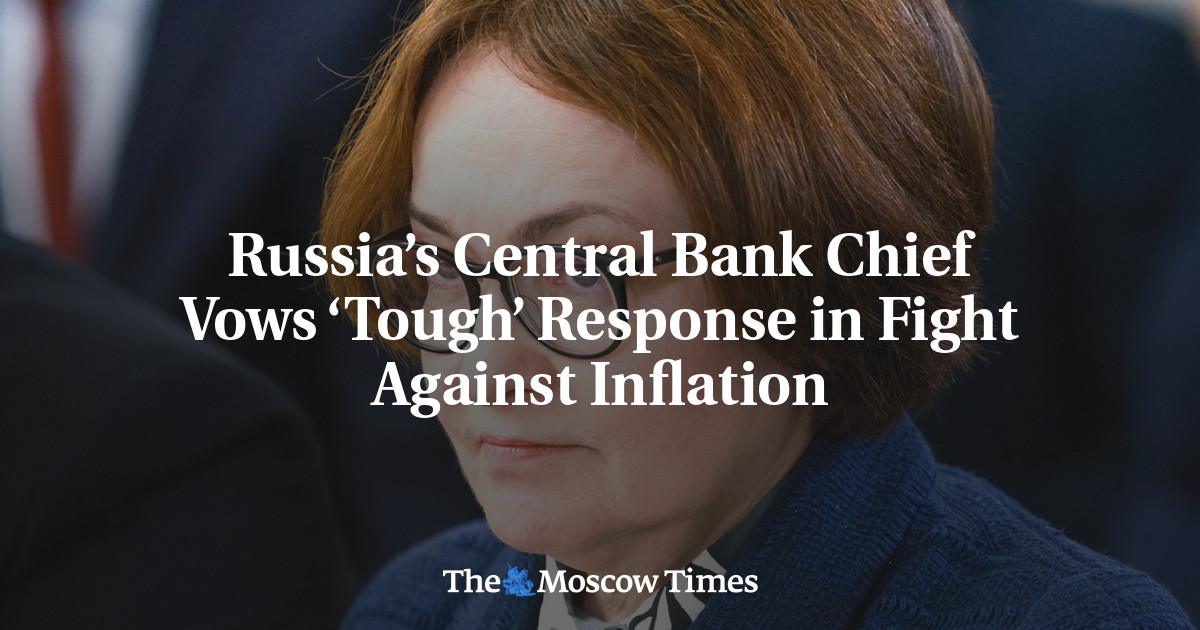
You could short individual stocks.